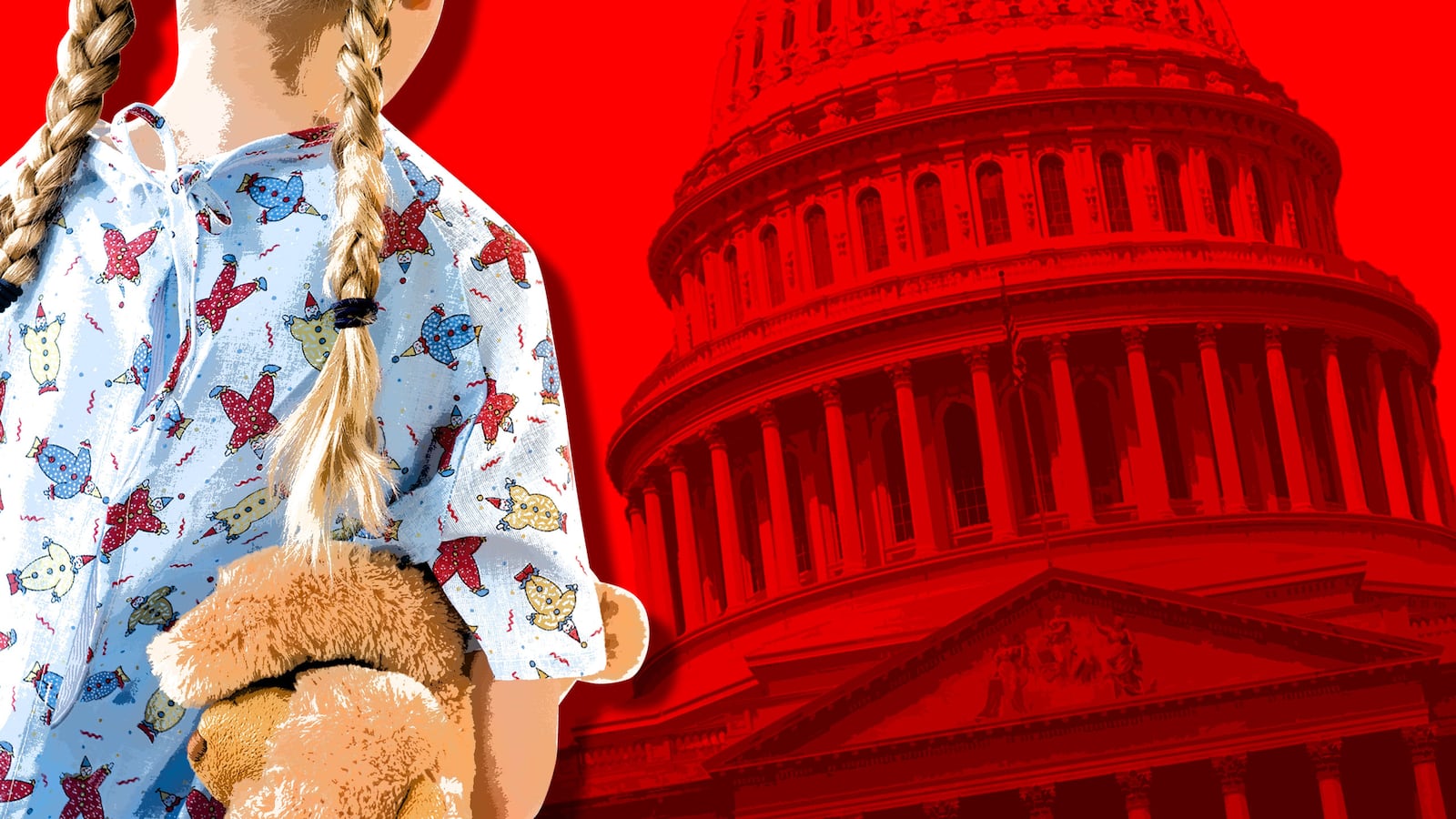For the past two decades, steady progress has been made in ensuring access to affordable health care for all children. The Child Health Insurance Program, passed in 1997, provides affordable coverage for children in low-income families who earn too much to qualify for Medicaid and not enough to afford private coverage. The Affordable Care Act—“Obamacare”—passed in 2010 expanded coverage to millions of children who are poor or near poor.
Thursday, the House voted to repeal Obamacare and replace it with the American Health Care Act. If it passes the Senate and is signed into law by the president, it will be an unprecedented setback, fundamentally threatening the stability of guaranteed access to quality health care of some 35 million children who benefit from the current array of safety net programs that poor—and working poor—families depend upon.
The most concerning element of this bill is the provision to transform Medicaid into either a “block grant” or “per-capita cap” system. Either approach would result in drastic cuts to Medicaid and diminished health benefits for nearly half of all American children. Some estimate that Medicaid will sustain as much as $800 billion in cuts over 10 years if this bill is enacted. Given that children make up the largest proportion of Medicaid enrollees, it’s a virtual certainty that they will bear the brunt of these cuts.
Under the current system, every eligible child in America is guaranteed coverage under Medicaid. At least half of the cost is covered by the federal government and the rest by state and local governments. A block grant or per-capita cap system changes this arrangement by limiting the amount of money that the federal government pays into the program, forcing states to make painful decisions to limit the number of children allowed to enroll in Medicaid or reduced benefits.
Right now, children enrolled in Medicaid are entitled to a robust set of benefits, most notably those provided under the Early Periodic Screening, Diagnosis and Treatment provisions. That’s a complicated way of saying that children deserve a full range of preventive care including regular health screenings and follow up treatment if necessary. Any diminishment of these benefits poses real risks to the health and well-being of vulnerable kids.
The story of health care for children is not—and never has been—just about insurance coverage. Many kids with health insurance have serious difficulty finding or getting to a doctor. A recent report by my group, Children’s Health Fund, entitled Unfinished Business shows that 10.3 million children with insurance regularly miss important wellness and preventive primary care visits. Another 6.7 million have enormous difficulty getting an appointment with specialists like pediatric cardiologists, asthma specialists, dentists, and mental health professionals. The House bill will make these significant gaps in the current landscape of children’s access to necessary health even larger.
The future success and resiliency of our nation is dependent on making sure that children today are healthy and educated—ready to meet the inevitable challenges that will appear in the decades ahead. At the very least, the American Health Care Act is shortsighted and motivated by ideology. Hopefully, Senators from both parties will recognize how important access to health care is for all of the nation’s children and vote to reject this unfortunate piece of legislation that is decidedly not in the best interests of America’s children.
Irwin Redlener, M.D., is president and founder of Children’s Health Fund and professor of pediatrics and Health Policy and Management at the Mailman School of Public Health, Columbia University.






